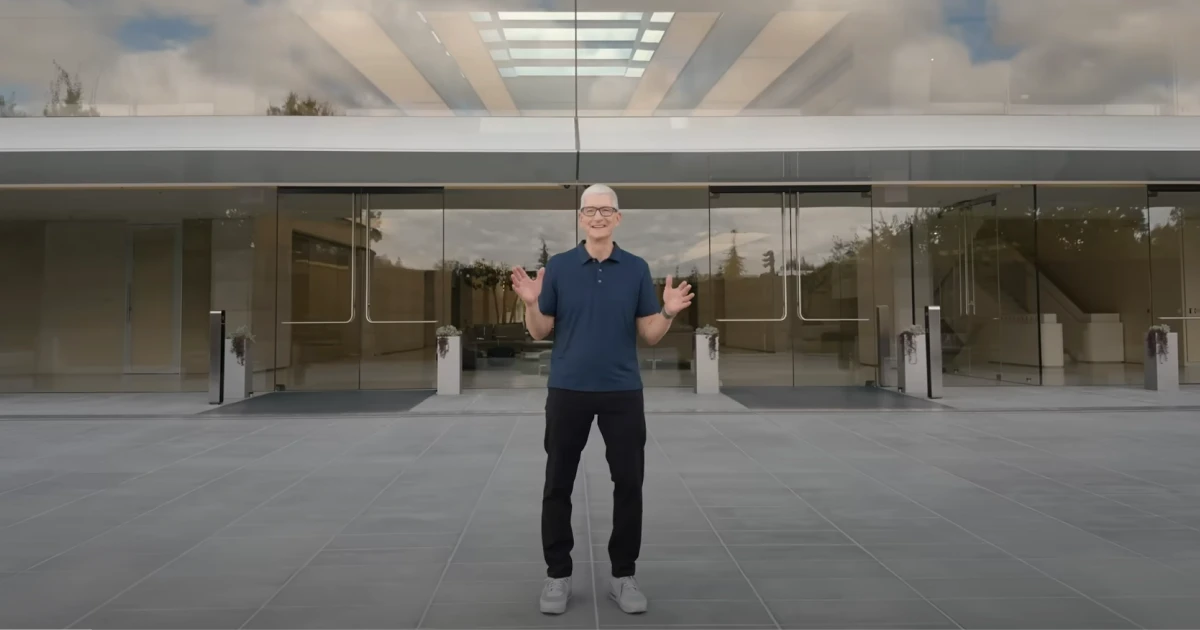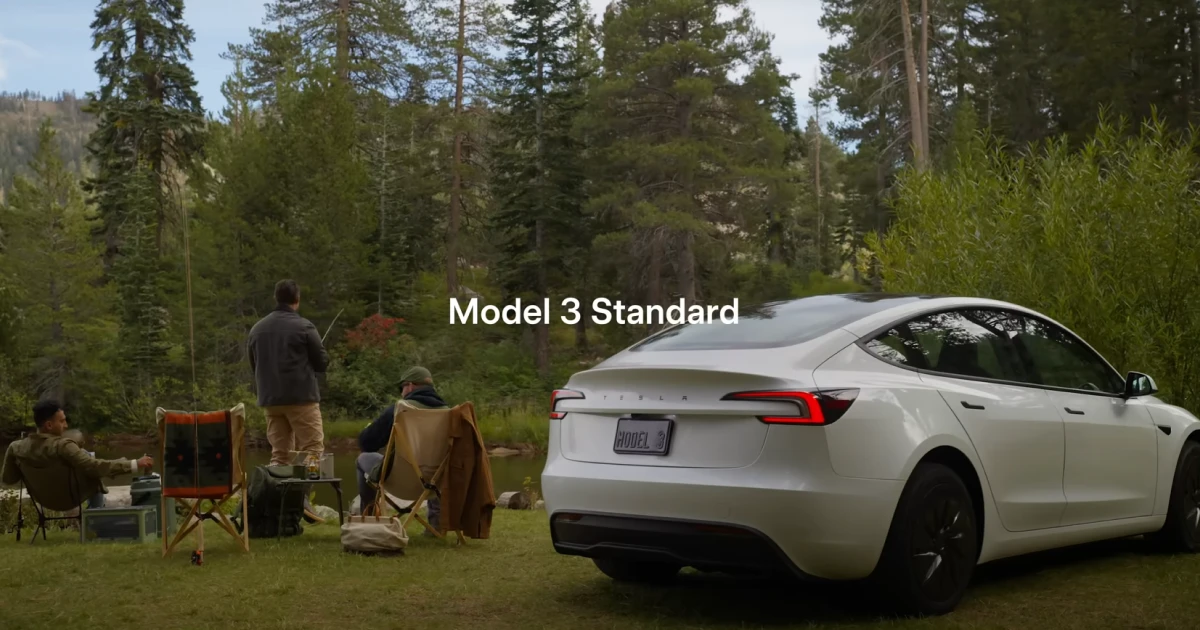Instead of requiring age verification before users could access age-restricted content, this law requires age verification of all users. Meaning that Bluesky would need to verify every user’s age and receive parental consent for anyone under 18. The company also notes the potential penalties for noncompliance, which are up to $10,000 per user.
Bluesky also highlights that the law goes beyond child safety, as intended, and would also create “significant barriers that limit free speech and disproportionately harm smaller platforms and emerging technologies.”
To comply, Bluesky would also have to collect and store sensitive information from all its users, in addition to the detailed tracking of minors. This is different from how it’s expected to comply with other age verification laws, such as the UK’s Online Safety Act (OSA), which only requires age checks for certain content and features.
Mississippi’s law blocks anyone from using the site unless they provide their personal and sensitive information.
“Unlike tech giants with vast resources, we’re a small team focused on building decentralized social technology that puts users in control,” the company’s blog post read. “Age verification systems require substantial infrastructure and developer time investments, complex privacy protections, and ongoing compliance monitoring — costs that can easily overwhelm smaller providers. This dynamic entrenches existing big tech platforms while stifling the innovation and competition that benefits users,” it mentioned.
Some Bluesky users outside of Mississippi subsequently reported issues accessing the service due to their cell providers' routing traffic through servers in the state, with CTO Paul Frazee responding Saturday that the company was “working to deploy an update to our location detection that we hope will solve some inaccuracies.”
The company’s blog post notes that its decision only applies to the Bluesky app built on the AT Protocol. Other apps might also approach the decision differently, reported TechCrunch.




.webp)









